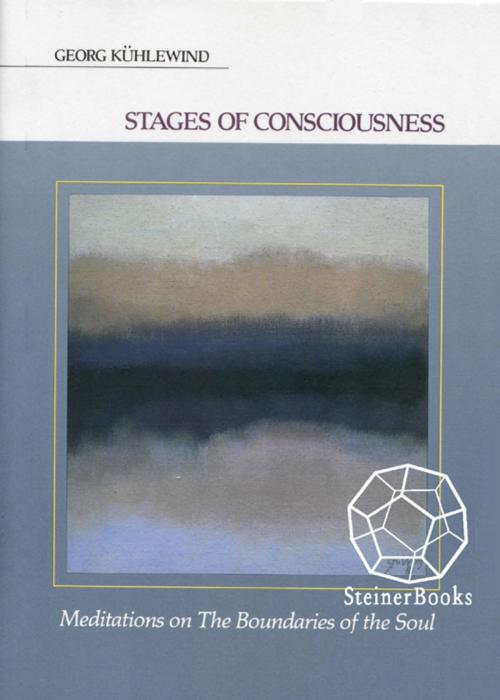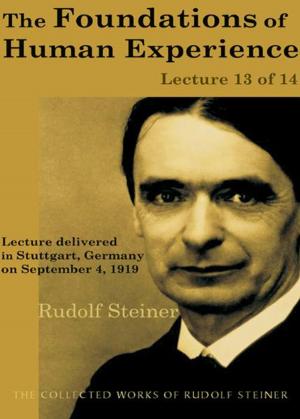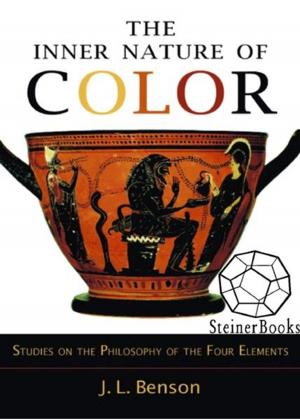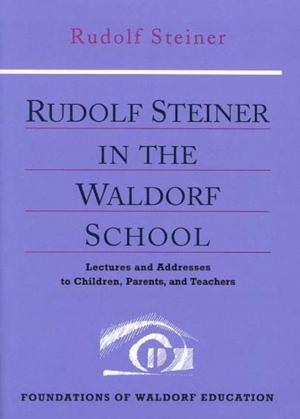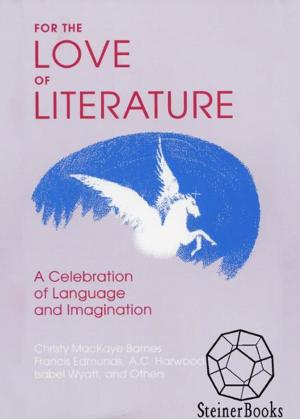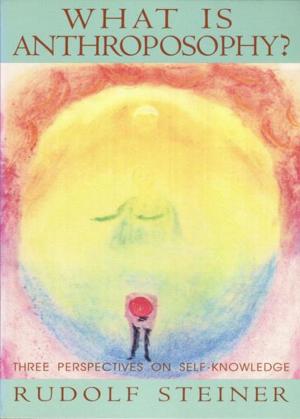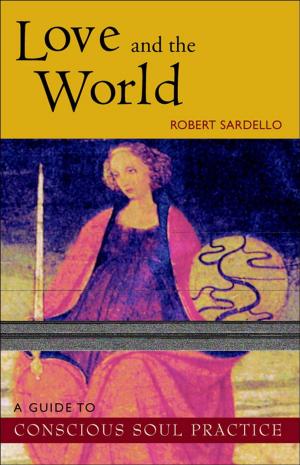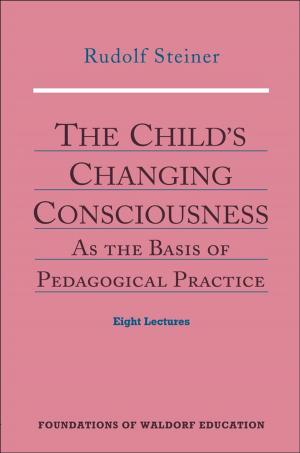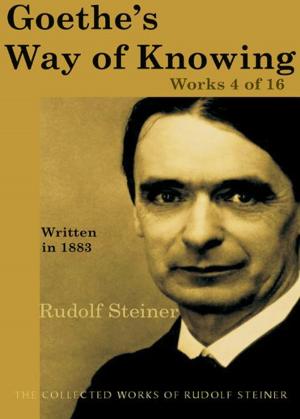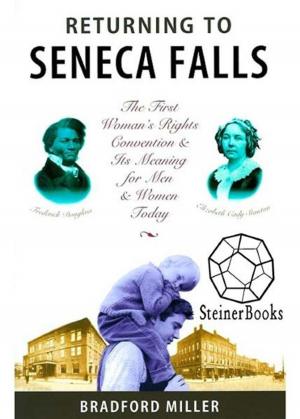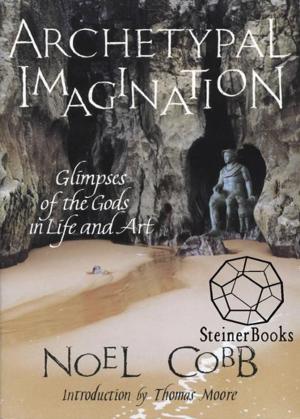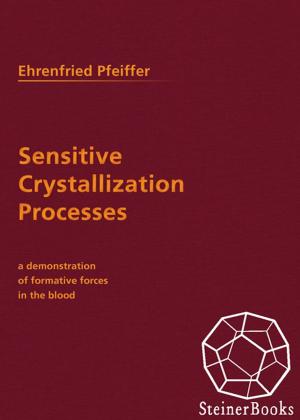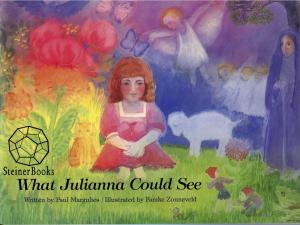Stages of Consciousness
Meditations on the Boundaries of the Soul
Nonfiction, Religion & Spirituality, New Age| Author: | Georg Kühlewind | ISBN: | 9781584205487 |
| Publisher: | SteinerBooks | Publication: | May 1, 1984 |
| Imprint: | Lindisfarne Books | Language: | English |
| Author: | Georg Kühlewind |
| ISBN: | 9781584205487 |
| Publisher: | SteinerBooks |
| Publication: | May 1, 1984 |
| Imprint: | Lindisfarne Books |
| Language: | English |
Ordinarily we live under the tyranny of the past. All that we call thinking is the habitual association of finished, dead thoughts. But these thoughts were alive once and every new moment of understanding is a breath from the level of the living present. Stages of Consciousness proposes that we train ourselves in the stage of consciousness that we occasionally glimpse as intuition. Beginning with the intuition of the true self in the living thinkingthe fundamental experience of the spiritthe author goes on to describe practical exercise in concentration and contemplation. Georg Kühlewind describes his purpose in his foreword: Modern humanitys most difficult task is to become aware of, to see and to overcome the threshold of mirrored consciousness. The first essay attempts to show how Rudolf Steiner proposes reaching this goal in his Philosophy of Freedom. Consideration of the threshold lying between thinking and what has been thought leads the one making this experiment to the fundamental experience of the spirit. The third essay attempts to develop a methodology for the first steps in the realm of concentration and contemplation. The last essays set forth the outcome: how, in the observation of the souls boundaries, these boundaries become transparent and permeable. The form of the communication is such that the reader, tracing the lines of the movements of thinking, steps into its fabric.
Ordinarily we live under the tyranny of the past. All that we call thinking is the habitual association of finished, dead thoughts. But these thoughts were alive once and every new moment of understanding is a breath from the level of the living present. Stages of Consciousness proposes that we train ourselves in the stage of consciousness that we occasionally glimpse as intuition. Beginning with the intuition of the true self in the living thinkingthe fundamental experience of the spiritthe author goes on to describe practical exercise in concentration and contemplation. Georg Kühlewind describes his purpose in his foreword: Modern humanitys most difficult task is to become aware of, to see and to overcome the threshold of mirrored consciousness. The first essay attempts to show how Rudolf Steiner proposes reaching this goal in his Philosophy of Freedom. Consideration of the threshold lying between thinking and what has been thought leads the one making this experiment to the fundamental experience of the spirit. The third essay attempts to develop a methodology for the first steps in the realm of concentration and contemplation. The last essays set forth the outcome: how, in the observation of the souls boundaries, these boundaries become transparent and permeable. The form of the communication is such that the reader, tracing the lines of the movements of thinking, steps into its fabric.
